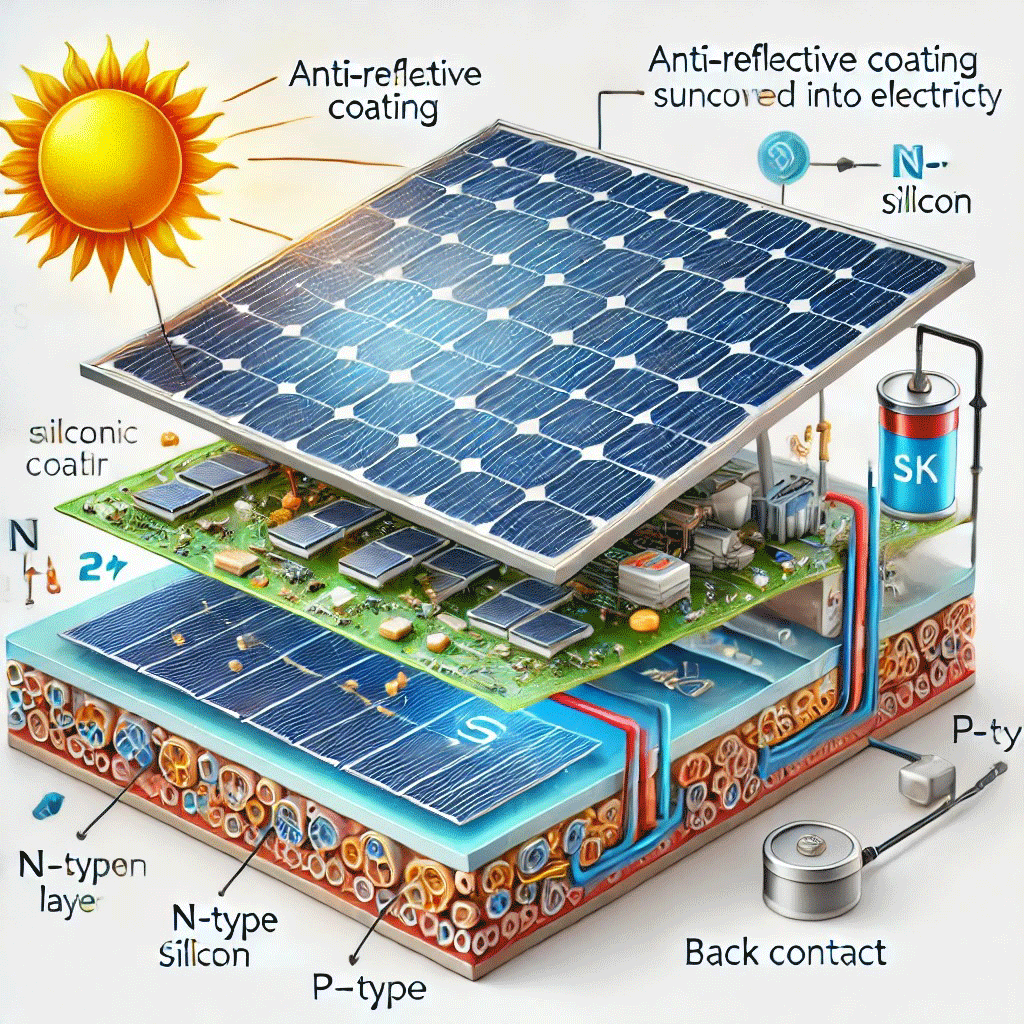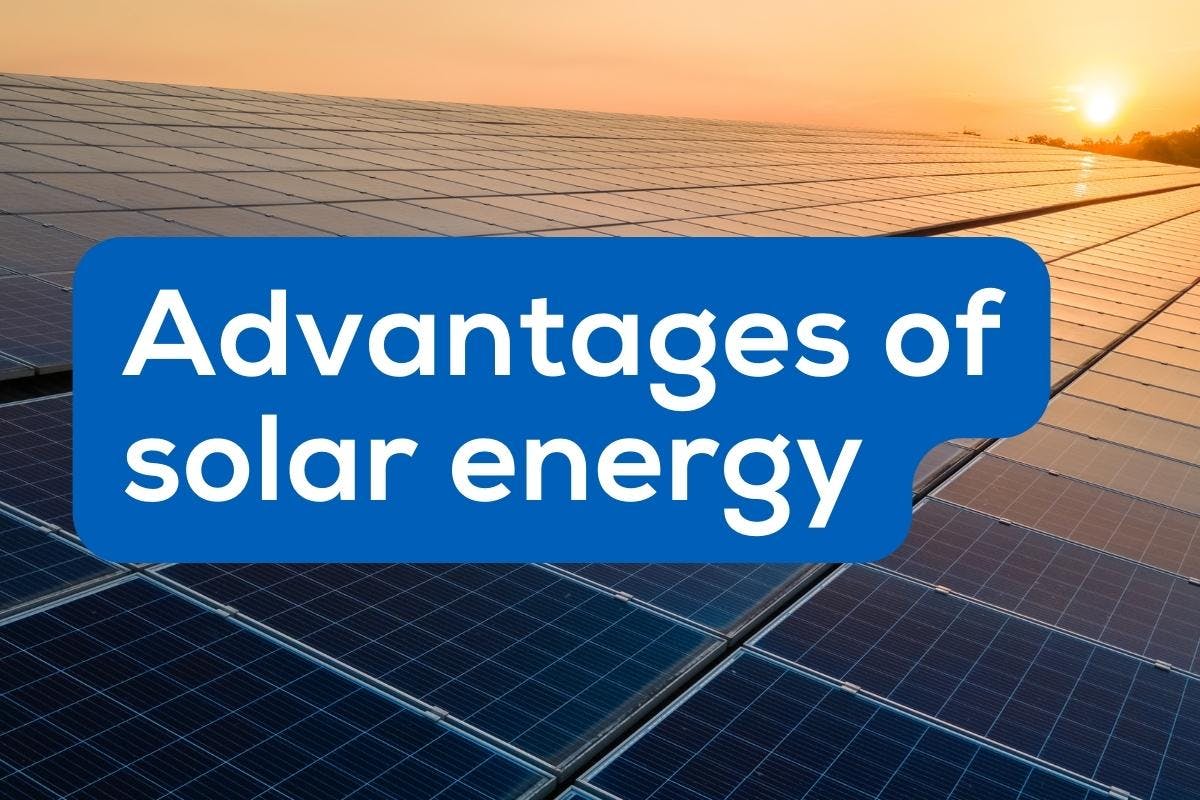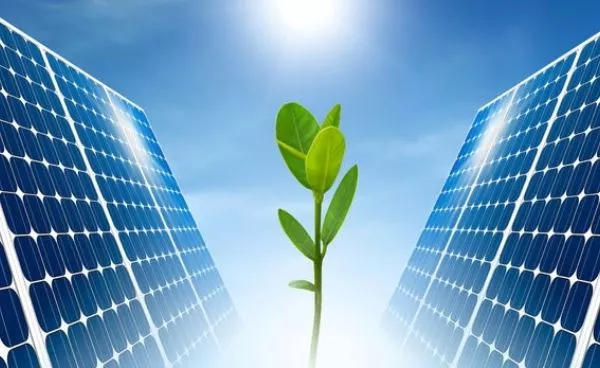Simply Solar Illinois: Illinois’s Provider for Trusted Solar Energy
Simply Solar Illinois: Illinois’s Provider for Trusted Solar Energy
Blog Article
Solar Energy 101: A Beginner's Overview to Sustainable Power Solutions
As the world significantly moves towards lasting energy options, recognizing the fundamentals of solar power ends up being important for both people and companies. By checking out the benefits of solar modern technology, along with the economic motivations and installation processes, one can obtain a more clear viewpoint on how to properly incorporate this renewable resource into their energy technique.
Comprehending Solar Power
At its core, comprehending solar power involves grasping the fundamental concepts of how sunlight can be converted right into usable electricity. Solar power is originated from the sunlight's radiation, which can be harnessed via numerous innovations. The key mechanism for this conversion is the photovoltaic or pv effect. This sensation takes place when sunlight strikes semiconductor materials, generally silicon-based, within solar cells. The energy from the sunshine delights electrons in the semiconductor, enabling them to move freely and produce straight existing (DC) electrical energy.

Comprehending solar power additionally includes identifying its ecological benefits. By making use of sunshine, we can mitigate greenhouse gas discharges and minimize air pollution, adding to a much more sustainable future. The innovations in technology and performance of solar systems remain to enhance their stability, making solar power an increasingly appealing alternative for worldwide power requirements.
Types of Solar Energy Systems
Different kinds of solar energy systems are typically utilized to harness solar power for electrical power generation. The main classifications consist of solar (PV) systems, concentrating solar power (CSP) systems, and solar thermal systems.
Photovoltaic or pv systems utilize photovoltaic panels composed of silicon cells that convert sunshine straight into power. These systems are flexible and can be installed on roofs, ground places, or incorporated into building materials.
Concentrating Solar Power systems, on the various other hand, utilize mirrors or lenses to focus sunlight onto a small area, creating heat that drives a steam wind turbine to create electrical power - Simply Solar Illinois. CSP systems are commonly released in large-scale nuclear power plant and call for direct sunlight, making them much less suitable for cloudy areas

Each kind of solar energy system has its distinct qualities, applications, and suitability depending on geographical location, energy requirements, and budget plan, making it important to review options based on certain situations. - Simply Solar Illinois

Benefits of Solar Power
Using solar power through various systems not only supplies a sustainable means to generate electrical power yet also supplies a wide range of advantages. One of one of the most navigate here substantial advantages is the reduction in greenhouse gas exhausts, adding to a cleaner environment and combating climate modification. Solar power is sustainable, meaning it is limitless and readily available as long as the sun shines, unlike fossil fuels, which are finite and diminishing.
In addition, solar power can bring about substantial price savings gradually. Homeowners and organizations can decrease their electrical power costs substantially, and in a lot of cases, they might make debts for excess power generated through internet metering. Furthermore, the solar industry creates jobs, from producing to installation, stimulating regional economic climates.
Another engaging benefit is power freedom. By producing their very own electrical energy, individuals and areas can minimize dependence on external energy sources, enhancing resilience versus rising and fall energy prices and supply disruptions. Solar power systems call for minimal upkeep, making them a hassle-free option for lasting energy generation.
Installment Process Introduction
The installment process for solar power systems usually involves a number of vital steps that make sure effective assimilation into a residential or commercial property. Originally, an extensive website assessment is carried Get More Info out to review the roofing system's orientation, shielding, and structural stability, which are essential to maximizing photovoltaic panel performance. Following this evaluation, the style stage starts, where a customized solar power system is set up based on the homeowner's energy requirements and preferences.
Once the design is settled, the required licenses and approvals are obtained from regional authorities, ensuring compliance with laws. The actual installation entails mounting the photovoltaic panels on the roofing or ground, connecting them to an inverter, and incorporating the system with the residential property's electric arrangement. This stage may also entail setting up battery storage space systems, depending upon the layout.
After installation, a thorough examination is performed to confirm the system's capability and security. The system is commissioned, and home owners are enlightened on its procedure and upkeep. With the installment full, the solar energy system can begin producing eco-friendly webpage energy, adding to sustainability and minimizing utility costs. This structured technique makes certain that planetary systems are both effective and dependable, maximizing their long-lasting benefits.
Financial Rewards and Financial Savings
Checking out the monetary motivations and financial savings linked with solar power systems can considerably improve the appeal of making the switch to renewable resource. Numerous incentives exist at federal, state, and local levels, developed to minimize the first expenses related to solar setup. Among the most remarkable incentives is the federal solar tax credit report, which permits homeowners to deduct a percentage of their planetary system installment costs from their federal tax obligations. As of 2023, this credit report stands at 30%, giving significant cost savings.
Along with tax credit scores, many states supply refunds that can further reduce in advance expenses. Some energy companies also give performance-based incentives, satisfying solar power production with time. Funding choices, such as solar financings and leases, allow customers to mount systems with little to no down settlement, making solar power extra easily accessible.

Long-term savings are another essential variable. By creating their very own electricity, homeowners can dramatically reduce and even remove their regular monthly power costs. Furthermore, planetary systems can boost building values, supplying a solid roi. Generally, the mix of incentives and savings makes solar energy an economically eye-catching option for several families.
Conclusion
In conclusion, solar power represents an essential element of sustainable energy services, giving a pathway toward decreased carbon impacts and boosted environmental protection. Inevitably, the transition to solar power not only cultivates ecological duty however likewise advertises economic financial savings and energy self-reliance.
Report this page